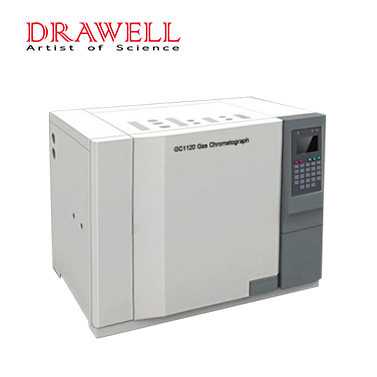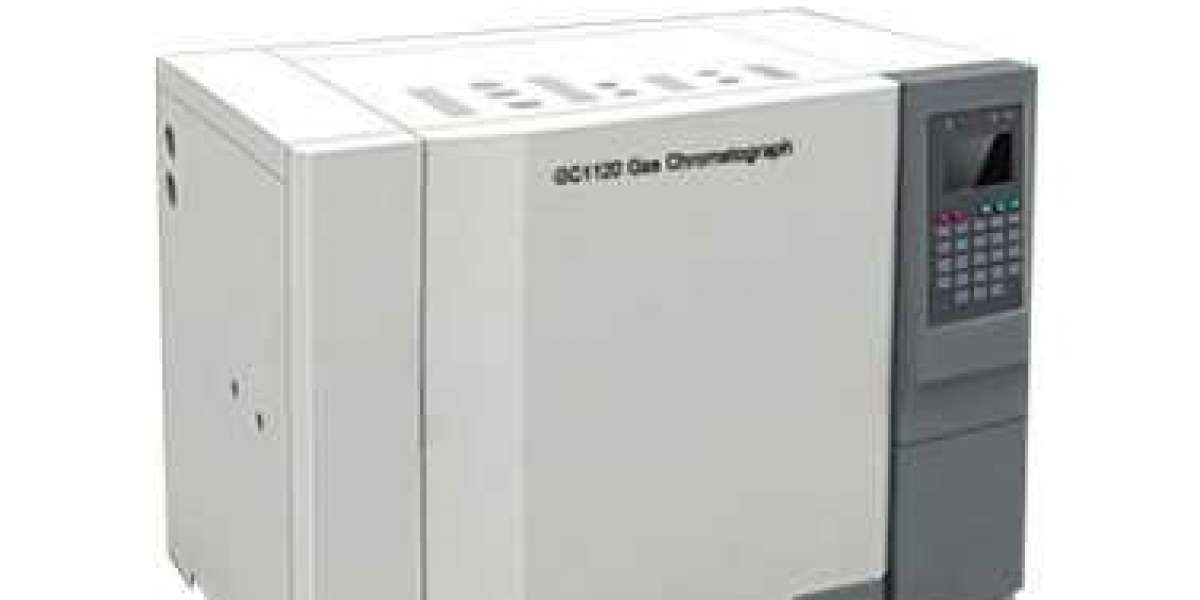Chromatography is a device used for chromatographic separation and analysis. It is a high-performance physical separation technology. When it is used in analytical chemistry with an appropriate detection method, it is called chromatographic analysis. Chromatography includes a sampling system, detection system, recording, and data processing system, temperature control system, and mobile phase control system. Modern chromatographs have the characteristics of stability, sensitivity, versatility, and a high degree of automation. There are gas chromatography, liquid chromatography, and gel chromatography. These chromatography are widely used in chemical products and the analysis of certain content of polymer materials. Gel chromatography can also determine the molecular weight and distribution of polymer materials.

Chromatography and vaccines
As in the synthesis of other pharmaceutical products, many vaccines undergo purification by chromatography during or in the final stages of production. The antigen of interest to the production of the vaccine also may be obtained by chromatography, for example, the SARS coronavirus spike protein has been isolated by liquid chromatography allowing it to be produced in good quantities. This has enabled researchers to perform a variety of tests on the isolated protein, revealing many structural and biochemical characteristics that explain the high infectivity of the virus, and has allowed the development of vaccines against it.
Vaccines may contain the inactivated or attenuated free virus, or just the antigen that the body’s immune defenses recognize. In any case, chromatography is often used to separate the components of interest from by-products and compounds present in the growth medium of the cells within which the virus or proteins are cultured.
Chromatography and food
Food products contain a large and complex mixture of compounds, which may be naturally occurring or imparted at a later stage of the manufacturing or harvesting process. Many such compounds may be a cause for concern when present in food products above a particular concentration, and several types of chromatography are generally used to separate the numerous compounds from one another for deeper analysis.
For example, plant-based products may bear lingering traces of pesticides, while meat may contain veterinary drugs. In addition to detecting potentially toxic impurities in food products, chromatography is used to standardize and authenticate the nutritional profile of many goods at the quality control stage.
Beverage testing
Food isn't the only thing you consume which has been tested using chromatography. Many drinks manufacturers use this technique to ensure each bottle of their product is exactly the same, so you can rely on a consistent taste. One such brand is Jägermeister which uses chromatography to monitor the levels of sugar in their final product.
Drug testing
As chromatography can accurately identify substances within the bloodstream, it is widely used in sport to test athletes for doping or performance enhancing drugs, something to think about the next time you're watching your favourite sport.
Forensic testing
Chromatography is also used to help catch criminals. In line with programmes like CSI, gas chromatography is used to analyse blood and cloth samples, helping to identify criminals and bring them to justice.
It's clear to see that chromatography is an unsung hero when it comes to keeping you healthy and safe everyday. If you would like to learn more about chromatography, visit our blog.


